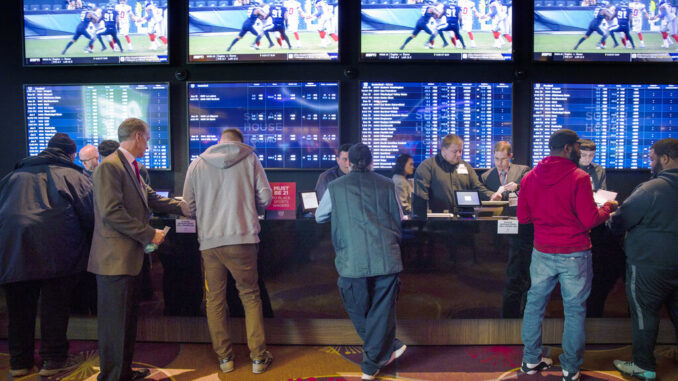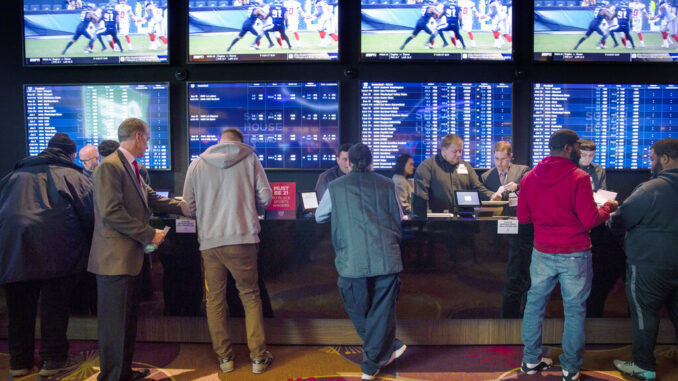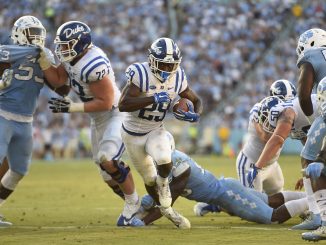

North Carolina legalized sports betting in July 2019 — 14 months after the repeal of the Professional and Amateur Sports Protection Act (PASPA) in May 2018. It took another 20 months for the first sportsbook to open in the state, when the Eastern Band of Cherokee Indians started offering sports betting at two Harrah’s-branded casinos.
July marked the two-year anniversary of legalized sports betting in North Carolina, and the state has yet to expand sports betting to additional retail locations and, most importantly, to the online domain, which has been the biggest driver of sports betting revenue in the country to date. However, this may change thanks to SB 688, a bipartisan bill that would expand North Carolina sports betting into the online market.
As is the case with any gaming legislation, questions will be raised from those who are in favor of the expansion of gaming, as well as from those who oppose it. Ultimately, there should be a common goal across the board: passing legislation that is safe, responsible and beneficial for all involved.
With legalized sports betting adoption growing considerably across the country, North Carolina can be the state that pushes online sports betting past the 50% mark — an amazing feat when you consider that PASPA was repealed just three years ago. There are several reasons why online sports betting adoption is so significant, and near the top of the list is the additional tax revenue it can bring into the state.
Fortunately, North Carolina has neighbors to look to for inspiration.
In April, Virginia collected more than $1.6 million in tax revenue from mobile and online sports betting. This was up from nearly $1.2 million the previous month. Meanwhile, West Virginia collected approximately $1.8 million in tax revenue from mobile and online sports betting in April. Tennessee, which only allows online sports betting, collected $2.8 million in tax revenue in April. Simply put, the demand for online sports betting is high.
It’s very likely that a fair percentage of those revenues in neighboring states comes from North Carolinians making the trip across state lines to place their bets. This is money that North Carolina will capture if SB 688 gets passed.
However, financial impact is just one aspect for North Carolina to focus on. The second should be player and consumer protections.
I have seen firsthand in Michigan the tremendous impact that proper regulation and general oversight can have on citizens, particularly related to online sports betting. With incredible technology that’s constantly improving, bettors can have their wagering patterns monitored to protect them from potential issues, such as addiction or having their money stolen from untrustworthy sources. These are very serious problems in the black and gray markets that we hope to improve across the country through regulation and oversight. If you make a bet with an offshore sportsbook, because of convenience or a lack of education, there’s no recourse if something goes awry.
Additionally, a benefit to establishing a regulated market for online sports betting is increased integrity protections. Again, because of the technology available to us, online betting patterns can be monitored in real-time and anomalies can be spotted instantly, keeping athletes and consumers protected from match-fixing and betting-related corruption.
North Carolina sees the light at the end of the tunnel and a regulated online sports betting market is well within reach. Passing SB 688 will open a plethora of opportunities for the state from a financial perspective, but it’s important to address consumer protections and integrity protocols as well. Now is the time for North Carolina to act for its citizens.
Brandt Iden is the head of government affairs in the U.S. for Sportradar, a leading global provider of sports betting and sports entertainment products and services.



